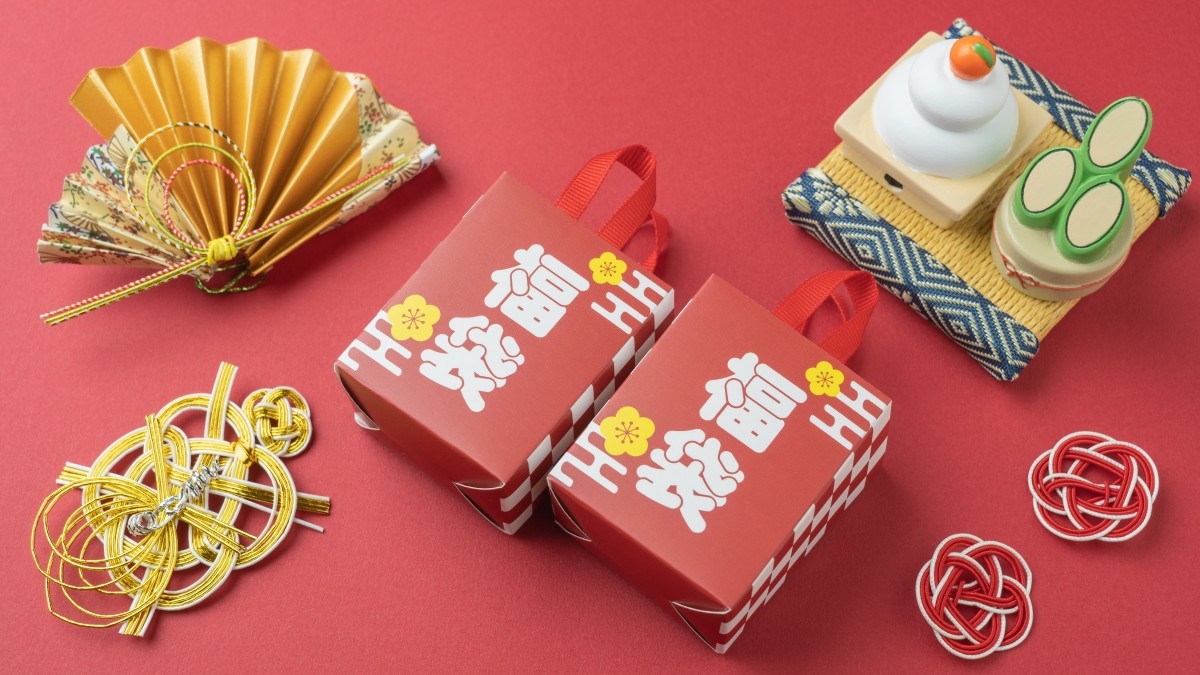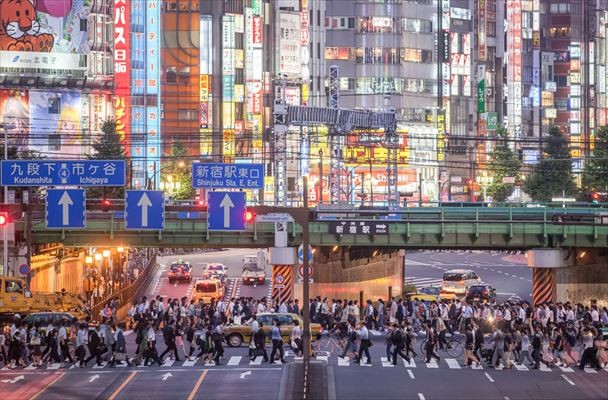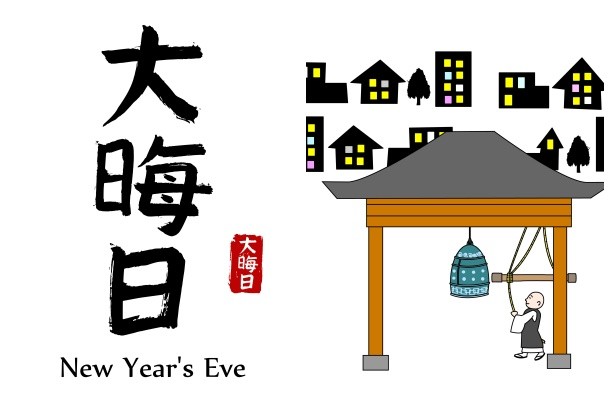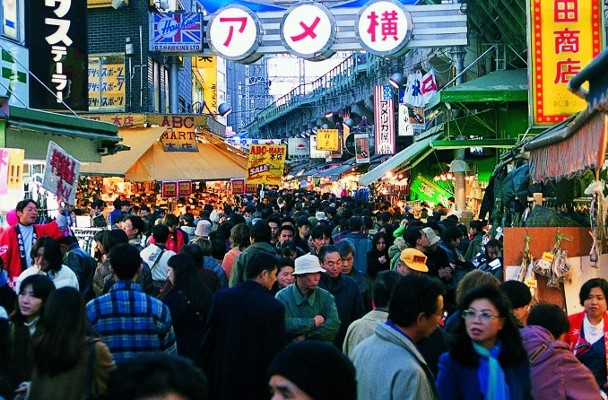
Across Japan, department stores, shopping malls, and large commercial complexes hold winter sales from late December to late January. You can expect discounts of 20–50% on winter clothing like coats and thick knitwear, with prices dropping as much as 80% toward the end of the sale. If you're planning a shopping trip, this is the perfect time to take advantage of these deals! In this article, we’ll go over the typical sale dates, duration, and important tips to help you plan your shopping trip effectively. Be sure to check it out in advance so you can plan when and where to shop!
When Do Department Stores and Shopping Malls in Japan Start Their Winter Sales?

Japan holds two major sales each year—one in winter and one in summer. The winter sale usually takes place from late December to late January, and the summer sale runs from late June to late July.
For winter sales, some stores may begin offering a pre-sale with 10–30% discounts around mid-December, and year-end sales starting from December 26th through the end of the year. Some places also hold Christmas sales during this period.
If you have your eye on a particular brand or product, it's a good idea to check the official websites in advance for more information. Sometimes, online stores start their sales even earlier than in-store, so it’s worth checking if you can grab what you're looking for online.
When Do Major Department Stores and Malls in Tokyo and Osaka Start Their Sales?
Here’s a guide to the typical winter sale schedules at Japan’s major department stores and malls. Usually, sale information is announced on official websites and social media platforms in early to mid-December.
Tokyo Department Stores & Shopping Mall Sale Information
Isetan Shinjuku
January 2 (Fri), 2026 ~
Shinjuku Takashimaya
January 3 (Sat), 2026~
Keio Department Store Shinjuku
January2 (Fri), 2026
Lumine / NEWoMan
January 2 (Fri), 2026 ~ February 6 (Tue), 2026
Laforet Harajuku
January1 (Thu), 2026 ~
Seibu Shibuya
January 2 (Fri), 2026 ~
SHIBUYA109/MAGNET by SHIBUYA109 ※Based on last year's data
January 2 (Thu), 2025 ~
Shibuya Parco
January 3 (Sat), 2026 ~
Omotesando Hills
January 2 (Fri), 2026 ~
Ginza Mitsukoshi
January 2 (Fri), 2026 ~
Daimaru Department Store Tokyo
January 3 (Sat), 2026 ~
▶[Coupon] Daimaru Matsuzakaya Department Stores
GINZA SIX
January 3 (Sat), 2026 ~February 12 (Mon), 2026
Marronnier Gate Ginza
January 2 (Fri), 2026 ~
Tokyo Midtown
January 2 (Fri), 2026 ~
Roppongi Hills
January 2 (Fri), 2026 ~
Tobu Department Store Ikebukuro
January 3 (Sat), 2026 ~
▶[Coupon] Tobu Department Store Ikebukuro
Seibu Ikebukuro Main Store
January 2 (Fri), 2026 ~
Ikebukuro Parco
January 2 (Fri), 2026 ~
Tokyo Solamachi
January 1 (Thu), 2026 ~
Osaka Department Store & Shopping Mall Sale Information
Daimaru Department Store Umeda
January 3 (Sat), 2026 ~
▶[Coupon] Daimaru Matsuzakaya Department Stores
Hanshin Umeda Main Store
January 3 (Sat), 2026 ~
Hankyu Umeda Main Store
January 3 (Sat), 2026 ~
Osaka Takashimaya
January 3 (Sat), 2026 ~
Namba CITY
January 2 (Fri), 2026 ~
Abeno Harukas Kintetsu Main Store
January 2 (Fri), 2026 ~
Abeno Q's Mall
January 2 (Fri), 2026 ~
Kanagawa (Yokohama & Kawasaki) Department Store & Shopping Mall Sale Information
Yokohama Takashimaya
January 3 (Sat), 2026 ~
Sogo Yokohama
January 2 (Fri), 2026 ~
Lazona Kawasaki
January 1 (Thu), 2026 ~
Why Does Japan Hold Sales in Winter?

Japan experiences four distinct seasons: spring, summer, autumn, and winter. These seasonal shifts bring significant changes in temperature, which affects the product lineup, especially in the apparel sector. Stores need to anticipate seasonal changes and transition their inventory accordingly. In late January to early February, stores begin switching from autumn/winter items to spring/summer collections. Winter sales are held to clear out old inventory and replace items that are strongly seasonal or trendy before this major transition.
Additionally, many companies in Japan provide bonuses in December, which tends to loosen the purse strings of consumers. The beginning of a new year on January 1 also creates a psychological shift for consumers, motivating them to refresh their wardrobes or make new purchases. Retailers take advantage of this by holding large-scale sales during this period.
Key Points to Know About Japan’s Sales

1. Sales May Start in Phases
Not all stores within a department store or mall begin their sales on the first day. Some start later in different phases, such as a first and second wave of discounts. Even if a website advertises a start date, it's essential to check if your target brands are participating from day one.
2. Bigger Discounts Toward the End
While the first day of sales offers a wide selection, prices may drop further toward the end. For instance, an item discounted 30% on the first day might be offered at 50% off by the last day. Shoppers who wait can sometimes snag better deals.
3. "Entire Store Sale" Isn’t Always What It Seems
Even when advertisements claim an “entire store sale,” luxury brands or jewelry are often excluded. Stores may also display signs reading "everything half off (except certain items)." Look for tags indicating sale exclusions, and keep an eye on color-coded stickers showing discount levels (e.g., red = 50% off, blue = 40% off, yellow = 30% off).
4. Opt for Basic Items Over Trendy Ones
With deep discounts, it's tempting to buy trendy items, but it’s wiser to choose basic, timeless pieces that can be worn again next year. Suits, blouses, and cardigans are good investments. Also, think about the wearability of winter coats and knitwear—items that may only be useful for a few months. Opt for pieces that can transition into spring for more prolonged use.
First Sales of the Year and Lucky Bags

The first day of a department store or shopping mall’s winter sale often coincides with "Hatsuuri", or the first sales of the new year. Many stores also sell lucky bags ("Fukubukuro"), which contain a selection of mystery items sold at a significant discount. These bags are popular for their surprise element and value.
Some stores offer additional experiences during the New Year period, such as complimentary sake, performances featuring shishi-mai (lion dance), and sweet sake (amazake) services. For example, Tokyo Solamachi is planning to hold events where visitors can experience the Japanese New Year spirit, such as New Year comedy shows, Kakizome (first calligraphy of the year), and Mochi tsuki (mochi pounding).
👀Related Articles:What is Japanese New Year Like? Customs, Food, and Activities That Define the Holiday
Popular Winter Sale Items in Japan
Winter sales primarily feature sweaters, coats, gloves, and scarves, with high-end items like wool and down coats becoming especially good deals as discounts deepen. While trendy designs are available, choosing basic styles ensures they can be worn beyond the current season.




Comments